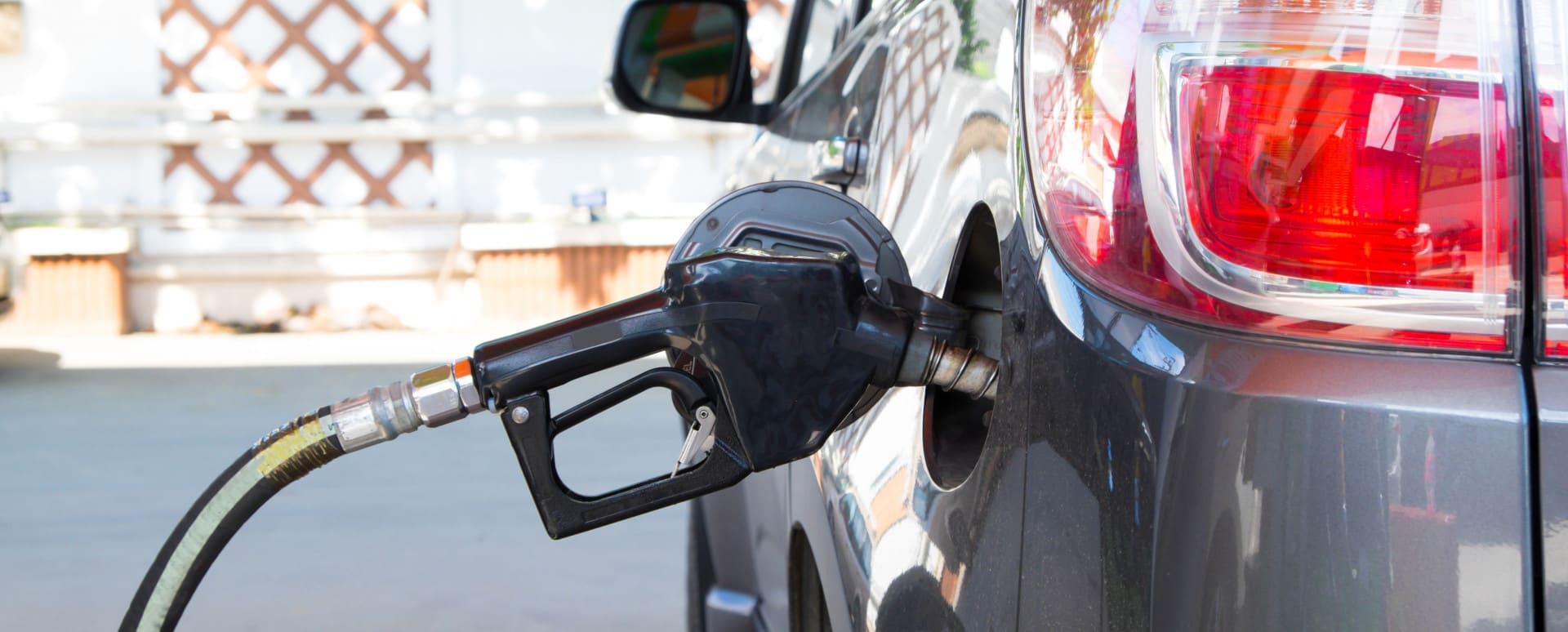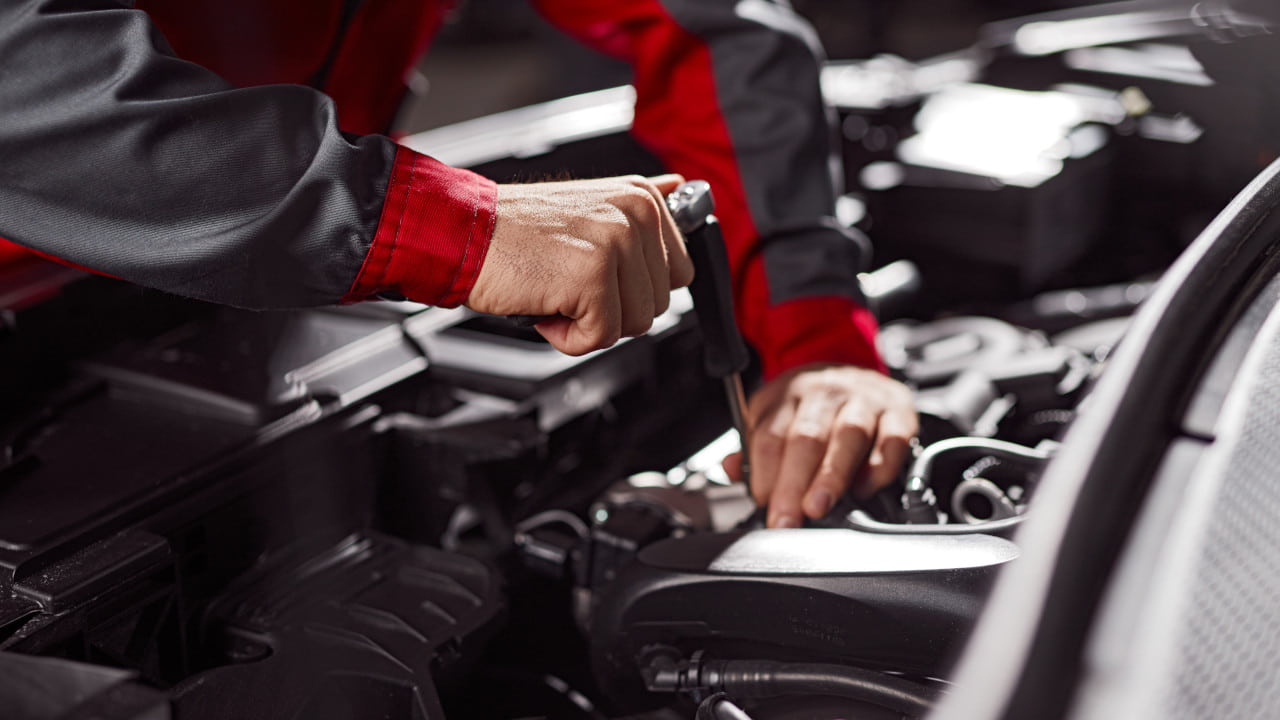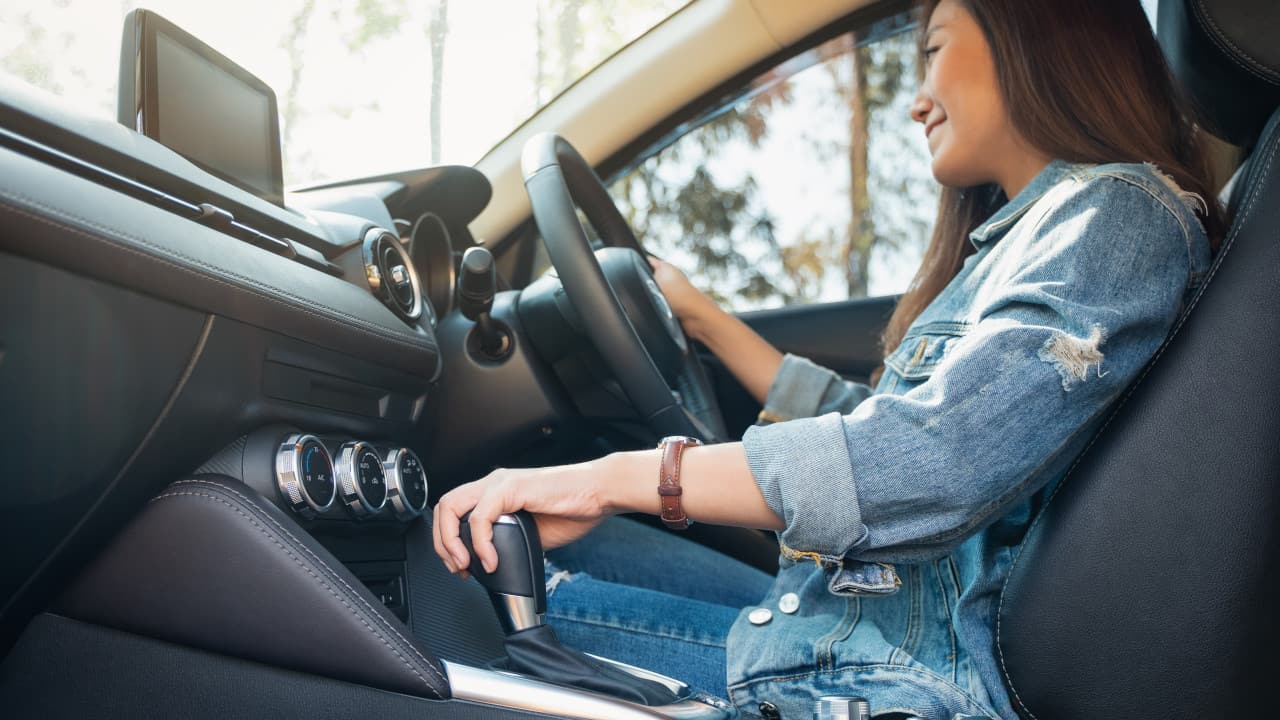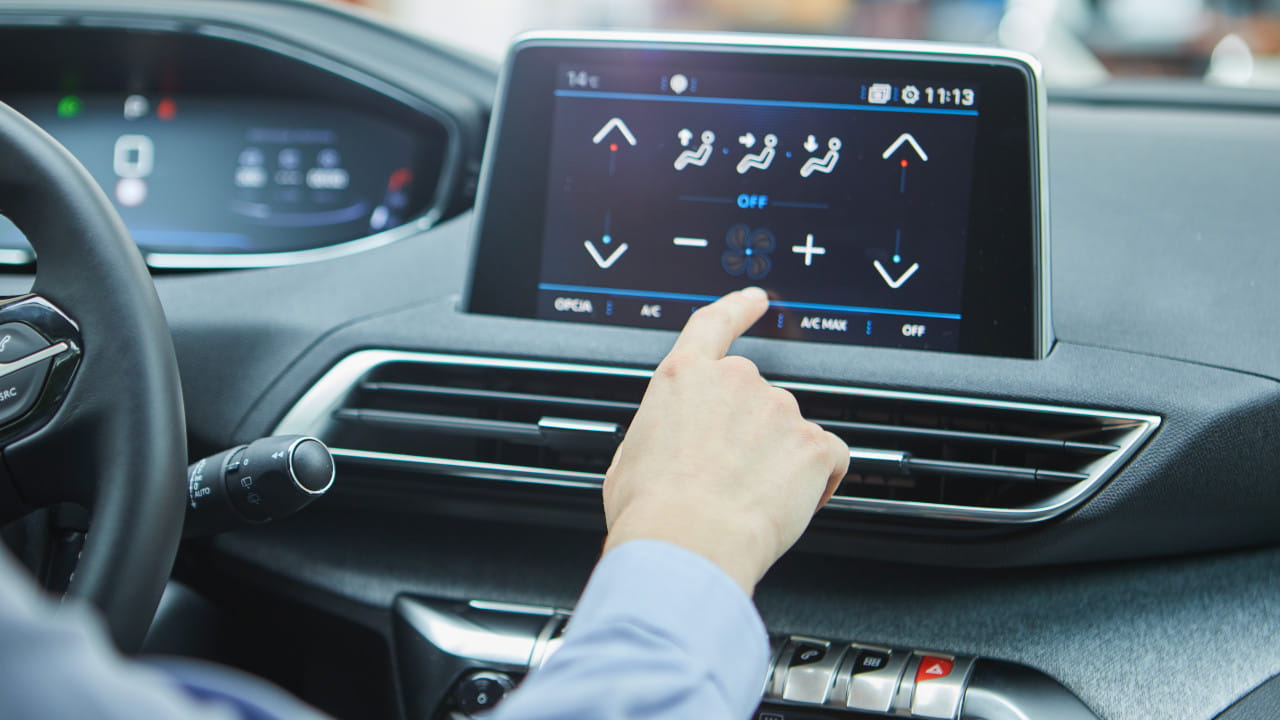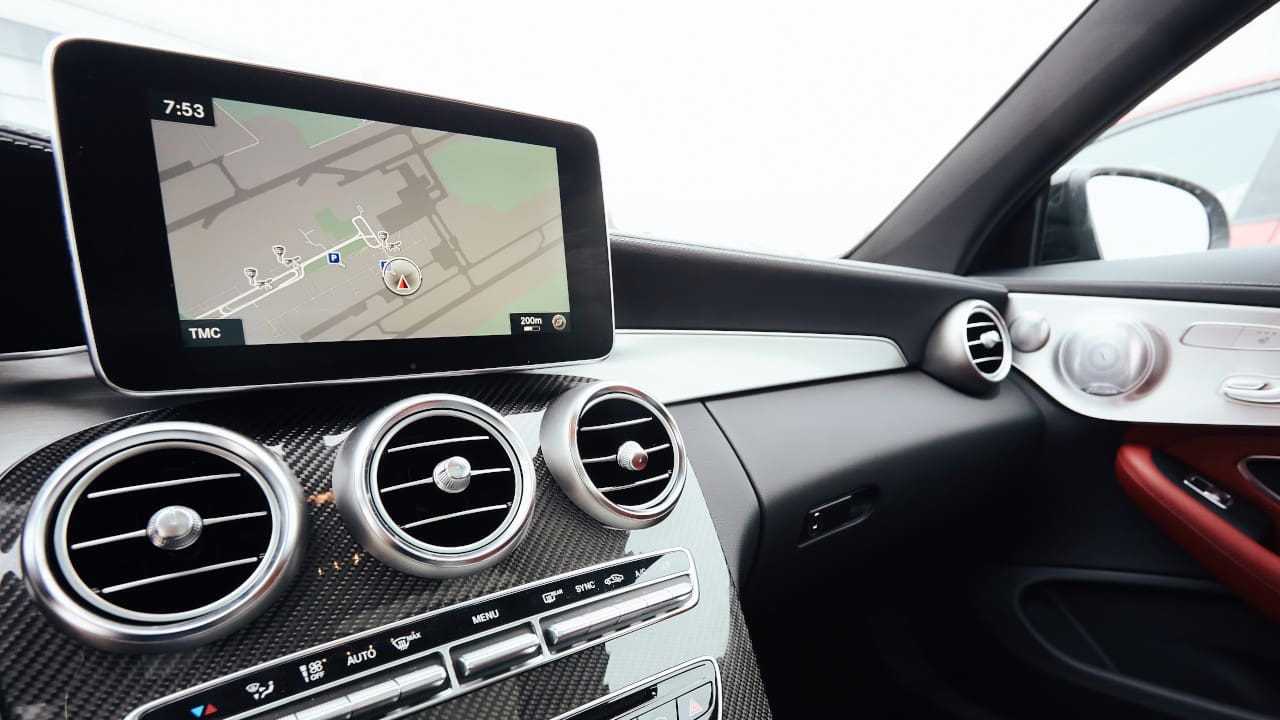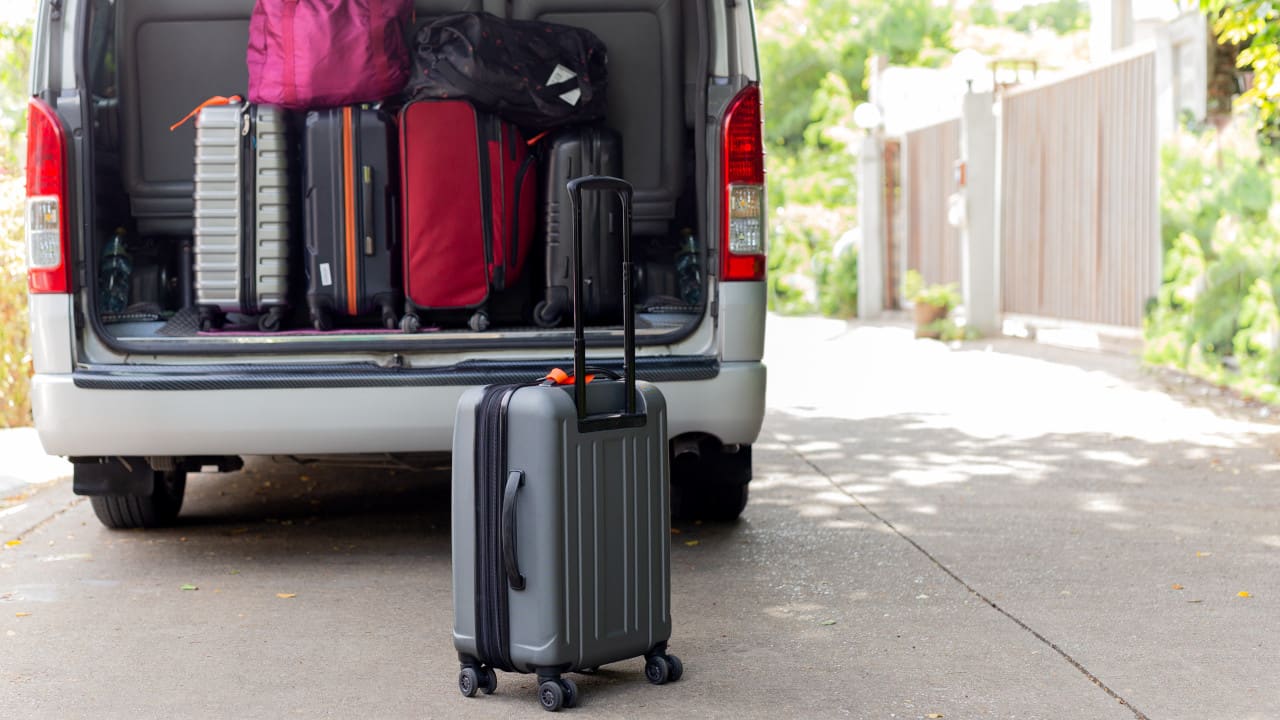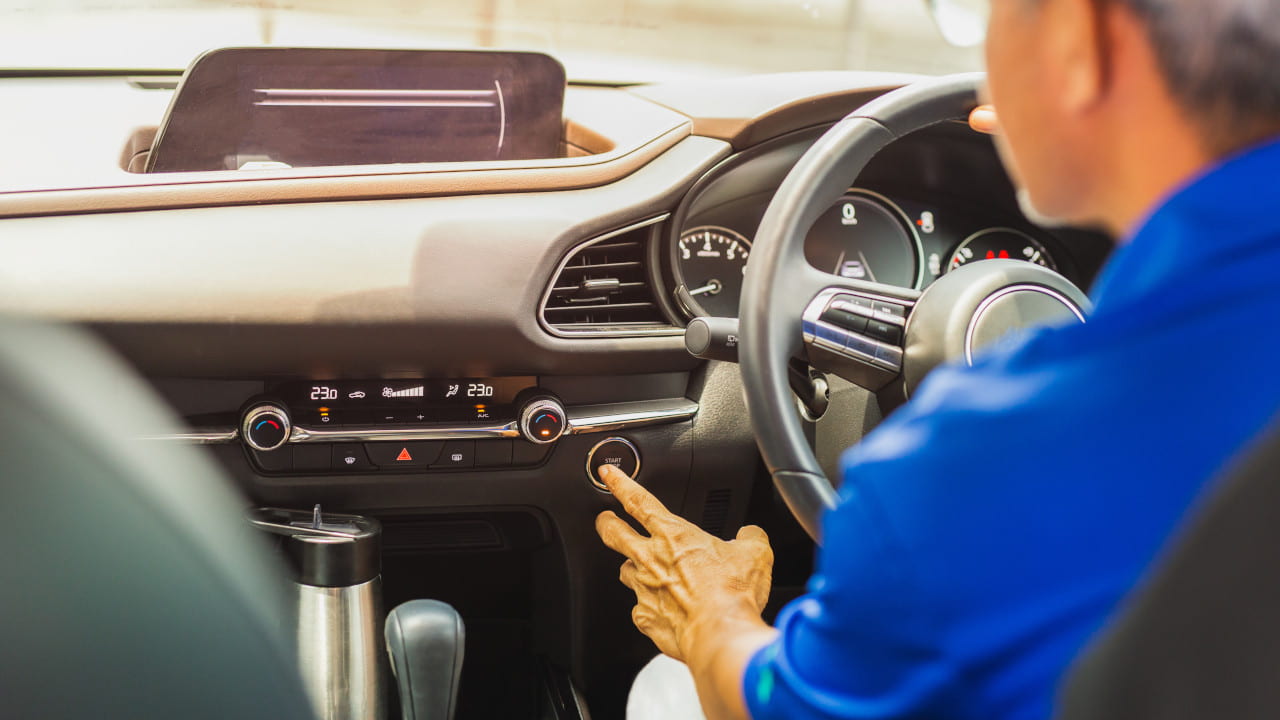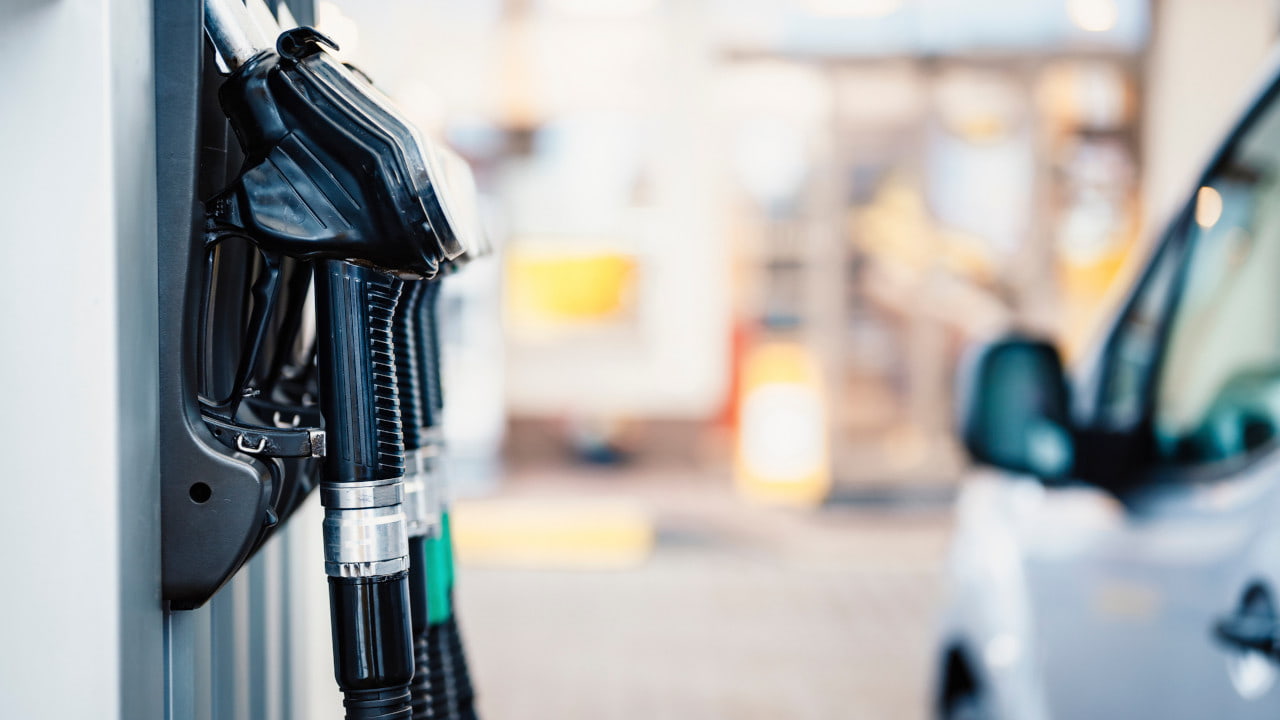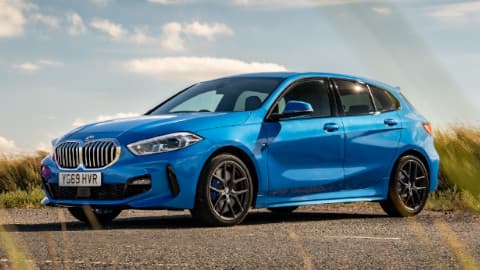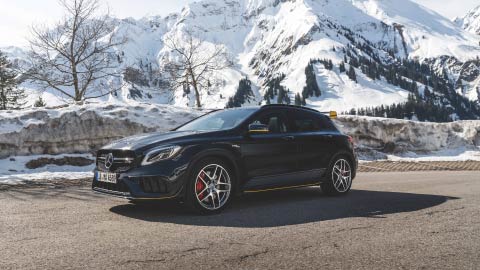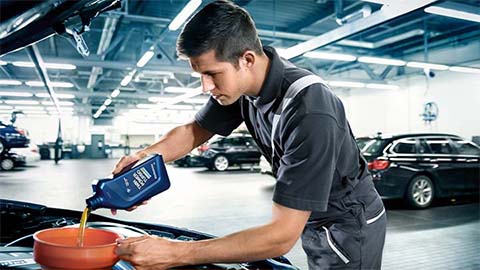Fuel Saving Tips: How to Improve Fuel Economy in 2023
09th Sep 2022
Improving Fuel Efficiency
With the ever-changing motoring prices looming over our heads, most of us will want to cut extra driving costs wherever we can. Improving fuel economy can save you a great deal of money on petrol and diesel and help you avoid frequent visits to petrol stations.
Making just a few small adjustments while you are out on the road will make a substantial impact on your vehicle's fuel economy and allow you to save money while doing so.
We have compiled a list of our top tips and advice for saving fuel on your motor.
- Drive smoothly
- Maintain your vehicle
- Drive in the highest gear possible
- Turn off the air conditioning
- Plan your journeys
- Reduce unnecessary weight
- Switch off your engine
- Frequently asked questions
Drive Smoothly
Kicking off with one of the most efficient ways to save fuel and improve the condition of your vehicle, accelerating gently, and maintaining a steady speed at all times will help improve your miles per gallon (MPG).
Putting your foot down on the accelerator is the best way to use unnecessary amounts of fuel, so try getting into the habit of taking it easy and maintaining a steady speed wherever possible.
Not only will driving as smoothly as possible help you save when it comes to fuel, it is also best practice in terms of safety and maintaining your vehicle's overall health.
Maintain Your Vehicle
As mentioned above, keeping your car well-maintained and roadworthy with regular servicing is an important method in improving the efficiency and fuel consumption of your vehicle. Clean oil, tyres with the correct pressure, and new filters will all aid towards using less fuel while driving.
There are also a couple of checks you can carry out at home on a regular basis to ensure your car is fuel efficient at all times:
- Tyre pressure: Underinflated tyres can increase fuel consumption due to the increased drag on the wheel while driving.
- Correct engine oil: Engines run more effectively when they are properly lubricated.
Drive in the highest gear possible
If you drive a manual car, try changing to the highest gear possible for your speed to see how your engine reacts - if you continue on smoothly, you can remain in a high gear until you reduce your speed.
Keep in mind that while you are driving in a high gear, you should make sure to go easy on the accelerator, as putting your foot down frequently uses more fuel.
Turn off your air conditioning
Air conditioning is an excellent feature during the sweltering summer months, and it is often tempting to use it all-year-round. But what if we told you that your fuel efficiency is reduced every time you use your air con?
Useful for keeping your car clean, air conditioning prevents bacteria such as mould and mildew from building up inside your vents, but you should try to use it sparingly if you are trying to save fuel. Alternatively, opening as many windows as possible while driving will help cool your car down and let in some much-needed fresh air.
Plan Your Journeys
If you have to make a long journey to a new destination, make sure your route is well planned out and use a sat nav to avoid getting lost and using up unnecessary amounts of fuel. Most sat navs and apps you can get on your smartphone will show you the fastest and most appropriate route to get to your destination.
Traffic congestion, steep hills, and poor quality road surfaces can all contribute towards using more fuel during your journey. There are a variety of sat navs and smartphone apps that will help you identify these obstructions to find the fastest and most fuel-effective route for you.
Reduce Unnecessary Weight
Remove any unnecessary items that might be taking up extra space inside your vehicle - this includes items such as heavy bags, roof racks, pet carriers, and other dense items that are not in use at the time.
With excess weight means your engine will need to work harder due to the extra pressure from heavy items. Take them away from the equation, and you could be saving when it comes to filling up on fuel.
Switch off your engine
During the freezing winters we often see here in the UK, we can often be seen warming up our engines before stepping inside and going on our way. But from a fuel-saving standpoint, there are plenty of alternatives to get yourself warmed up.
Naturally, your engine will warm up over time, and many engines do not take long to do so, so if you can grin and bear the freezing temperatures for a short while, you could end up saving plenty over the winter months.
A couple more important tips to note - try switching your engine off when you are stopping for short amounts of time, and get into the habit of setting off straight away. Whether you are pulling over to look for directions, or you like to prepare yourself before starting your journey, turning off your engine in those little moments can add up to big savings in the future.
Frequently Asked Questions
What is hypermiling?
Hypermiling refers to changing multiple driving habits to increase the fuel economy of your vehicle. By utilising clever fuel-saving techniques, you can save time and money in the process.
Does cruise control save fuel?
In many cases, cruise control can help to reduce fuel consumption when used correctly. This is because you are maintaining a steady speed at all times, which equals less harsh acceleration and releases pressure on the engine.
Are petrol or diesel cars more fuel-efficient?
Generally speaking, diesel cars are more eco-friendly and tend to use up less fuel than their petrol counterparts. While diesel is more expensive initially, you tend to get more out of it, so you won't need to fill up your tank as often.
Do new cars use up more fuel?
You will typically find that for the first 500 to 1,000 miles of a new car's life, the engine will use up more fuel than usual. This is because the parts of the engine, transmission, and drive train are all breaking in as new engines are tight and will use slightly more fuel.
Maximise your fuel economy
With fuel prices soaring in the last year thanks to the cost of living crisis, many drivers will want to cut back on fuel. By following our helpful guide and utilising many of our fuel-saving techniques, you can save plenty of time and money on fuel over the years.
For more tips and advice from the experts, our blog section is regularly updated with quality content including driving guides, buying guides, and advice for car owners.

